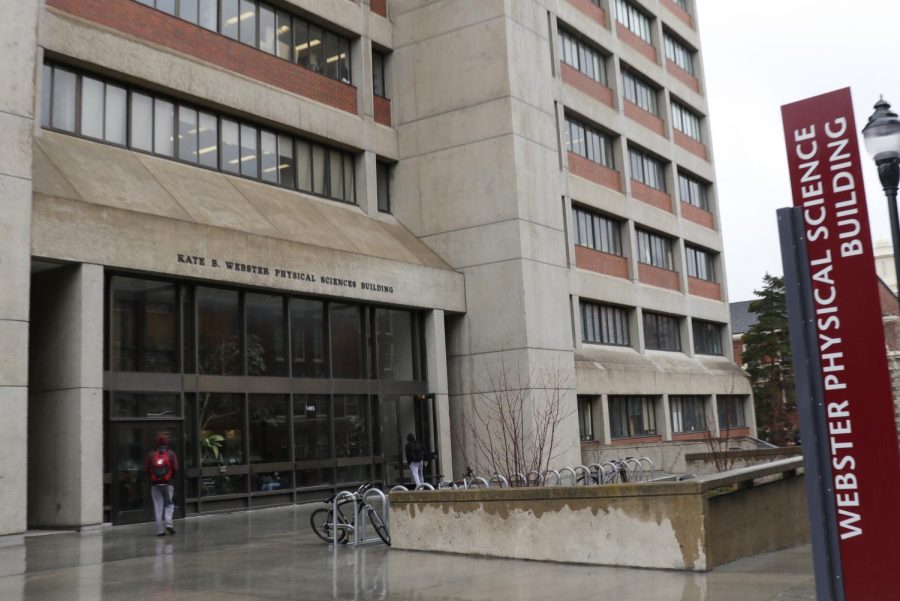Environmental science should be a UCORE requirement
WSU should inform its students on environmental, economic effect of climate change in courses
JACK LEWIS-CLARKE | EVERGREEN PHOTO ILLUSTRATION
All students should take a course to better understand climate change, both on an environmental and an economic level. This is important not only for general knowledge, but for providing an informed vote.
April 10, 2019
Many of the problems with how humans treat the environment stem from ignorance of the science and issues around climate change. Take, for example, President Donald Trump’s claim that windmills cause cancer, a completely ignorant statement with no factual basis. The first step toward solving environmental problems is education, and WSU should contribute by making environmental science a UCORE requirement.
One of the main problems with climate education and science is the wave of people who don’t believe in climate change, despite its validation time and time again. Looking at the data, it’s clear that the Earth is warming and the climate is changing. Nine out of the 10 hottest years on record happened after 2003, with the one exception being 1998, according to the National Oceanic and Atmospheric Administration.
Kara Whitman, an environmental science professor at WSU, has worked for years informing people on the effects of climate change.
“First off, you have to get everyone to agree on the science,” Whitman said. “Then you have to get policymakers to trust in the science.”
Having informed voters means coming to more agreeable environmental legislation. One of the more widely discussed environmental policies recently is the Green New Deal, a set of environmental and economic policies that strive toward a zero carbon footprint. This bill offers a lot of solutions to climate change but has economic drawbacks and requires a thorough review.
“The GND is very aspirational,” Whitman said. “I wouldn’t say I don’t support it, but I’d have to see the specific policies and how they’re going to work.”
As climate change becomes a more pressing issue, the legislature seeks to address it more often as well. Most of WSU’s students are U.S. citizens, so learning about the environmental reasons behind this future legislation will allow them to thoroughly judge what is practical to change.
“It’s a really good choice, especially for students who aren’t science majors,” Whitman said. “There’s so much in environmental science that encompasses all disciplines, and how you interact with the world.”
But equally important to knowing the environmental effect is to know its relation with the economy, a dynamic that can be taught about in these classes.
The transition to clean, renewable energy has taken off in certain regions, but many are still entirely dependent on fossil fuels. The U.S. had almost 86,000 people working in the coal industry in 2012. As coal became less desirable and people began the shift to new energy sources, employment rates dropped, only about 52,000 people as of 2019, according to the Bureau of Labor Statistics.
Coal jobs went away in some areas and people have been left hoping for coal to come back, but that’s not the answer.
“If we can get companies who are doing green technologies and renewable energy to move into these regions to train and employ people, that would certainly be a good thing to do,” Whitman said.
These are the kinds of solutions that can be reached only through a national, cooperative effort of informed citizens coming to practical decisions on addressing climate change. Requiring environmental studies as a UCORE puts these kinds of solutions in perspective for students, developing their skills for judging whether they are practical solutions to these issues.
The biggest struggle in caring for the environment and cleaning up humanity’s messes is to get people to care about the mess. If every American man and woman can receive an education on environmental science — if they learned about the damage being done and how to undo it — they’d care. They’d cast votes for others who care, and something would get done.
WSU can not ensure everyone is informed and it’s not their responsibility to, but they should inform their students on the issues they and their government will be working on fixing for years to come.





















